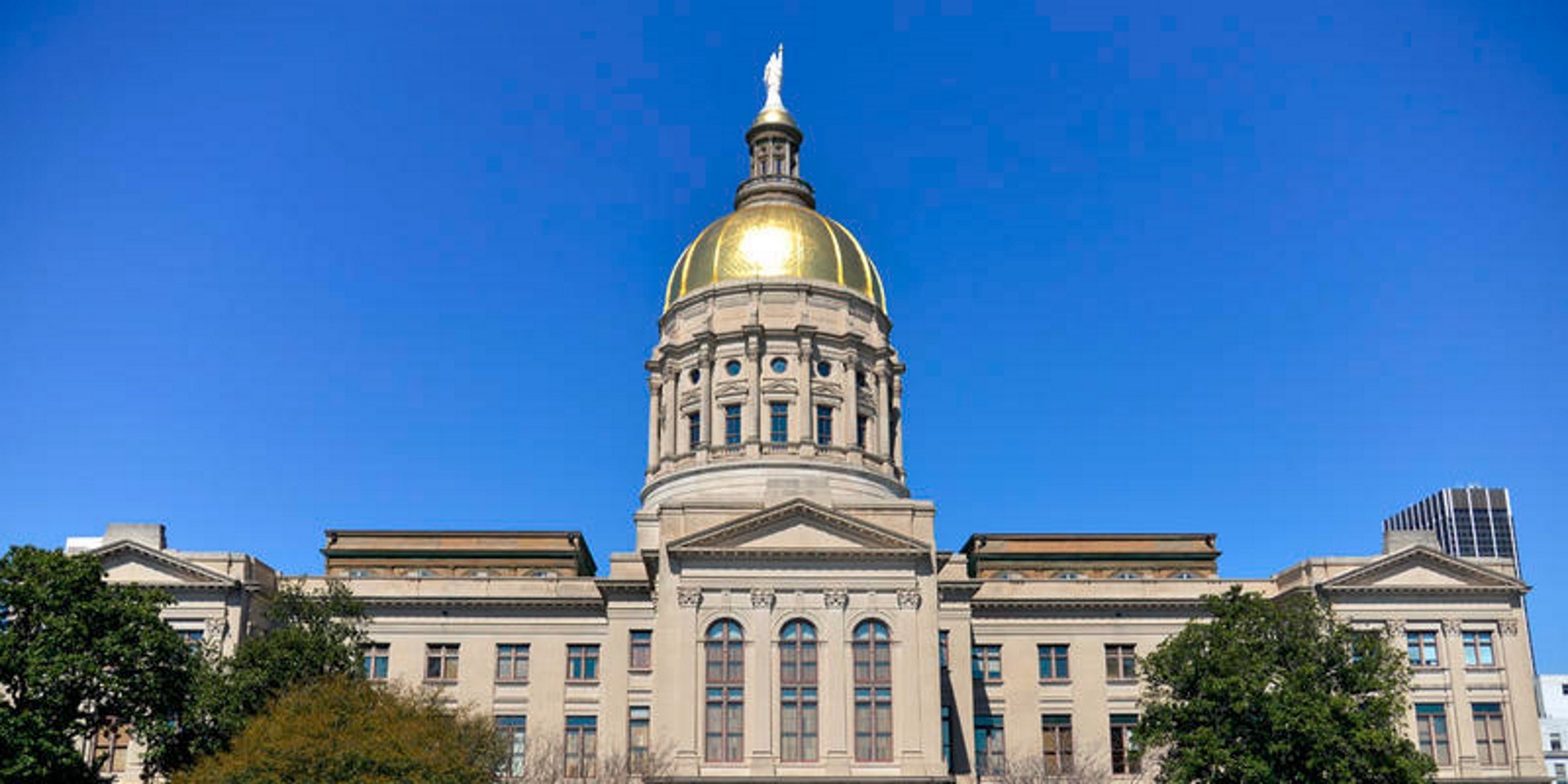Two new reactors at Georgia’s Plant Vogtle will cost another billion dollars, with shareholders of the parent company of Georgia Power Co. taking a $460 million loss and other owners absorbing the rest.
The news came Thursday as Atlanta-based Southern Co. again admitted what outside experts have been telling regulators for months — its $27 billion-plus project at the complex outside Augusta will take longer and cost more than previously estimated.
Managers project construction will take another three to four months. That pushes the projected start date of Unit 3 into the second quarter of 2022, while Unit 4 is now projected to start in 2023. But independent monitors testified in June that they don’t think Unit 3 will start operation until at least June 2022 and projected total additional spending of up to $2 billion.
Monitor Donald Grace in June called the schedule “ever-changing and slipping.”
The company and regulators insist the plant — the first new U.S. reactors in decades — is the best source of clean and reliable energy for Georgia. Opponents have long pointed to what they say would be cheaper, better options, including natural gas or solar generation.
Southern Co. recorded the entire additional cost as a loss to shareholders on its quarterly earnings report, citing “the significant level of uncertainty that exists regarding the future recoverability of these costs” because the Georgia Public Service Commission must approve spending. The company said it could ask ratepayers to pay for the overrun, though.
Customers are already paying for the plant. Rates have gone up 3.4% to pay for earlier costs and Georgia Power projects rates will rise another 6.6 percentage points for a total increase of 10%. Commissioners are scheduled to vote on another rate increase in November.
The loss dented Southern’s quarterly profit. The company reported a profit of $372 million for the three months ended June 30, or 35 cents a share.
Most electric customers in Georgia will have to pay for Vogtle. Florida’s Jacksonville Electric Authority and some other municipal utilities and cooperatives in Florida and Alabama are also obligated to buy power from the reactors.
Georgia Power’s capital budget for Vogtle is $9.2 billion, with another $3.2 billion in financing costs projected. The total effect on the budget of the Vogtle project isn’t clear because Georgia Power is paying for only 45% of the project. Electric cooperatives and municipal utilities are paying for the remainder and have different financing costs.
Georgia Power also announced Thursday that it agreed with Public Service Commission staff to not seek any amounts above $7.3 billion until commissioners decide whether the company spent prudently during construction.
Georgia Power already agreed to write off about the first $700 million over the $7.3 billion.
The utility said a key round of testing at Unit 3 finally concluded on Wednesday after beginning in April, taking weeks longer than expected and adding more time to construction and startup. Nuclear fuel is now expected to be loaded into the third reactor late this year.
Besides extended testing, Georgia Power said Vogtle has been delayed by poor construction productivity, the necessity to redo substandard work, the slow pace of contractors turning over systems to the company and repairs to a leak in Unit 3’s spent fuel pool.
In June, the U.S. Nuclear Regulatory Commission began a special inspection to determine why so much of the electrical wiring in the plant had to be redone.
“We knew building the first new nuclear units in the U.S. in more than 30 years would be challenging. The project has endured extraordinary circumstances during construction, including the pandemic as the most recent,” Georgia Power Chairman and CEO Chris Womack said in a statement. “Through these challenges, we have learned a great deal. Unit 3 hot functional testing has now been successfully completed with no significant issues identified, which is a critical step toward completion.”
Every month of delay at Vogtle costs roughly $90 million in capital costs, excluding financing costs.
The reactors, approved in 2012, were initially estimated to cost $14 billion, with the first new reactor originally planned to start generation in 2016. Delays and costs spiraled, especially after the main contractor filed for bankruptcy in 2017.
The company says the third reactor is 99% complete, while the overall project is 93% complete.
The Public Service Commission has reduced the amount that Georgia Power can earn on construction costs because of delays. Southern Co. said those penalties cost it $150 million last year and are projected to cost it another $630 million through 2023.








